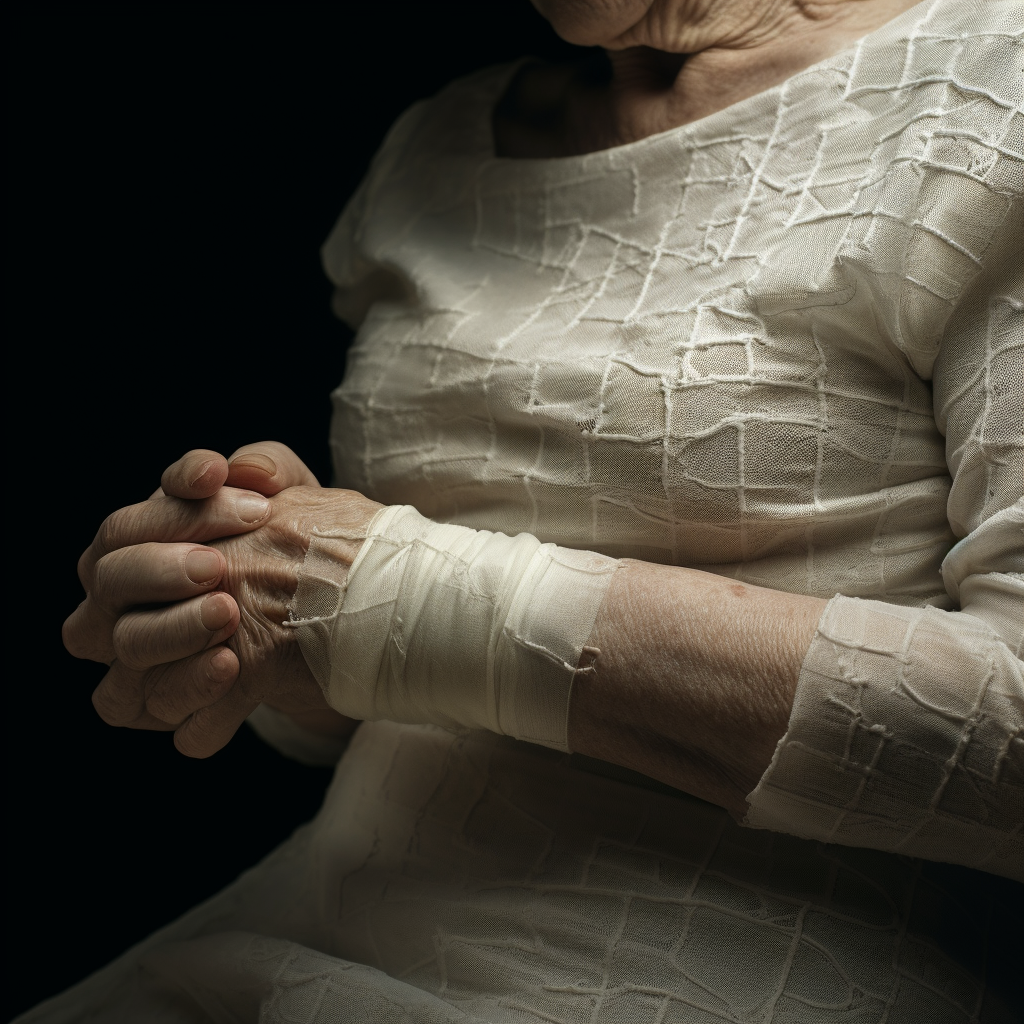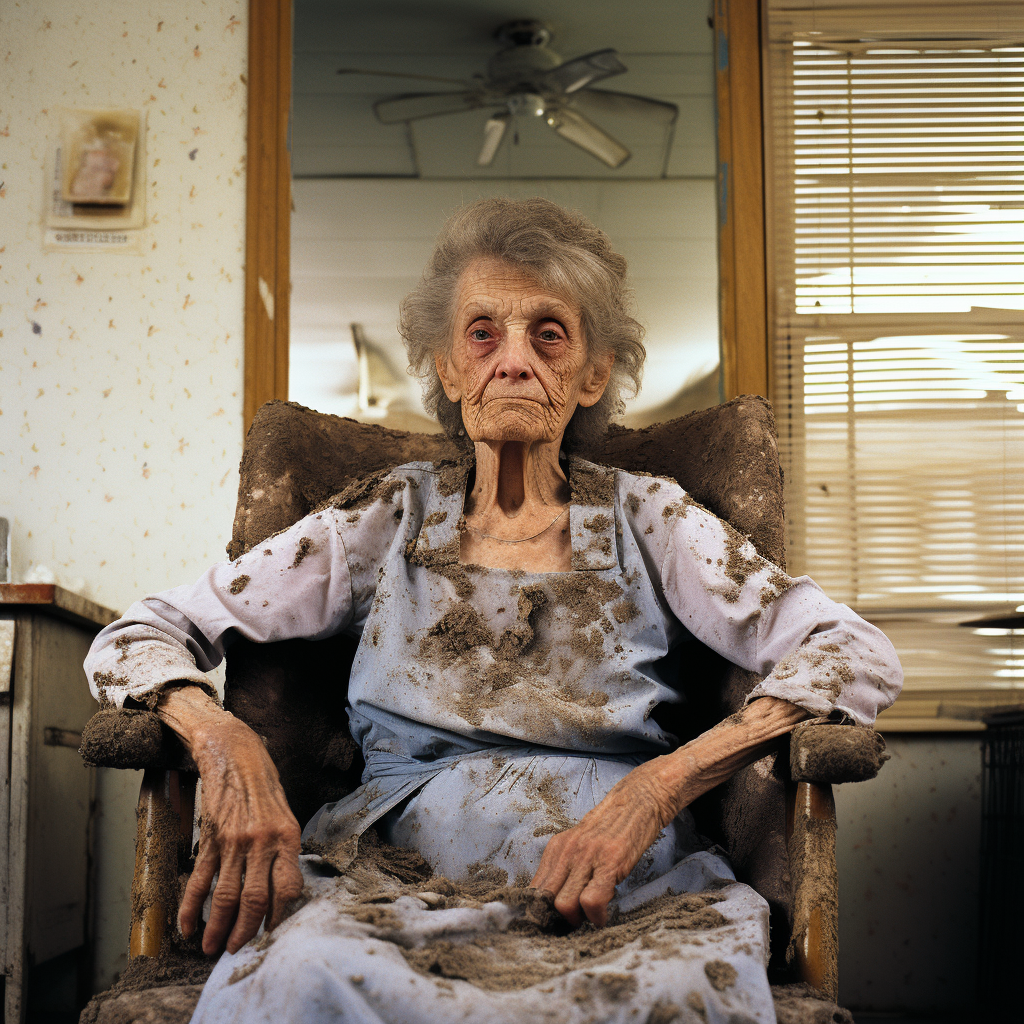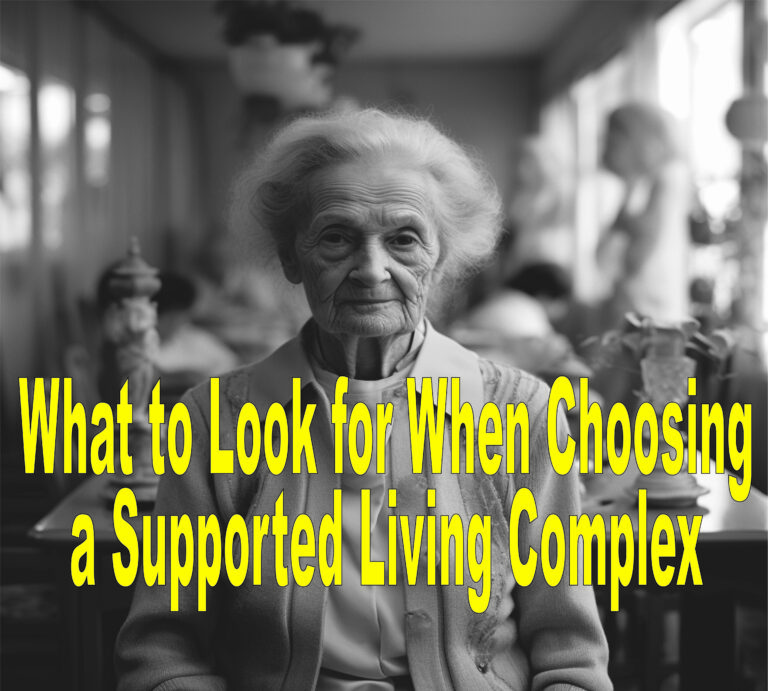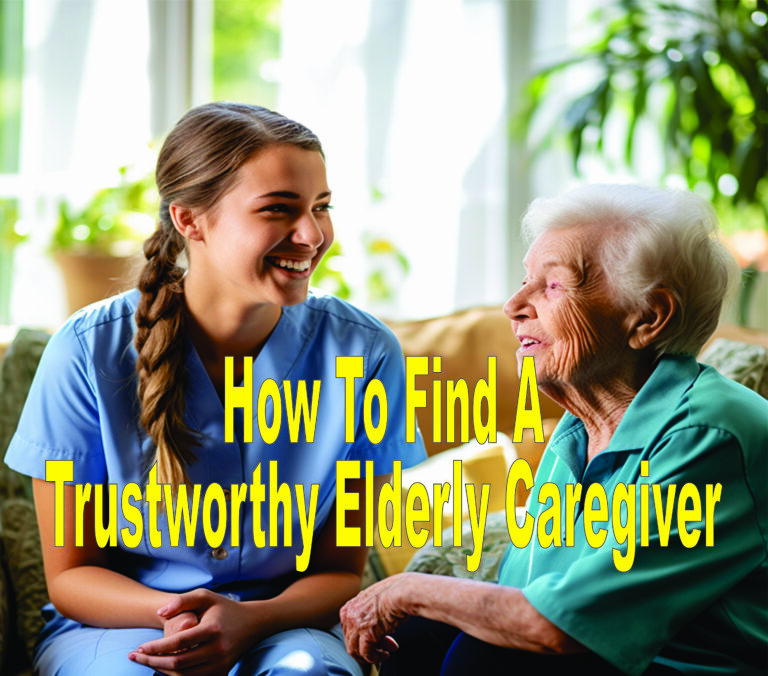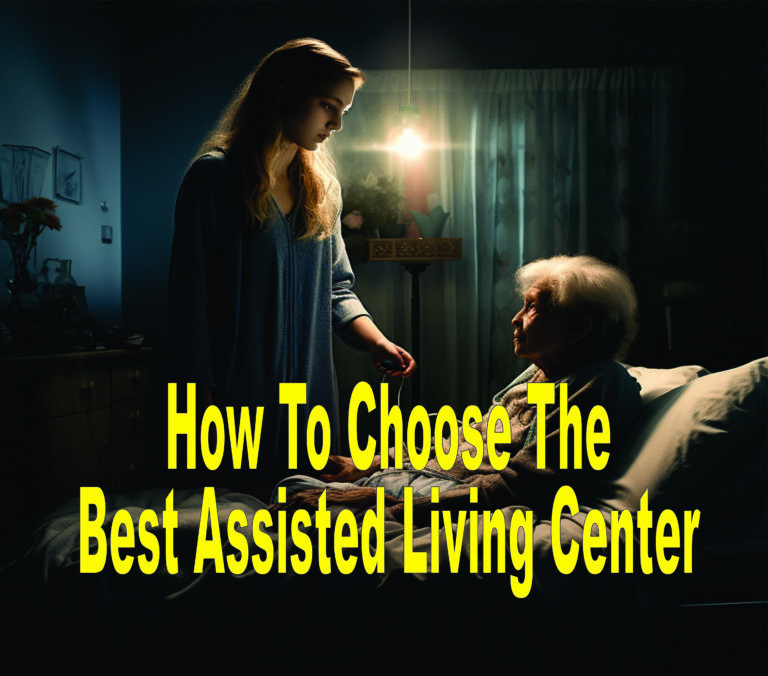Top 10 Symptoms Of Nursing Home Abuse
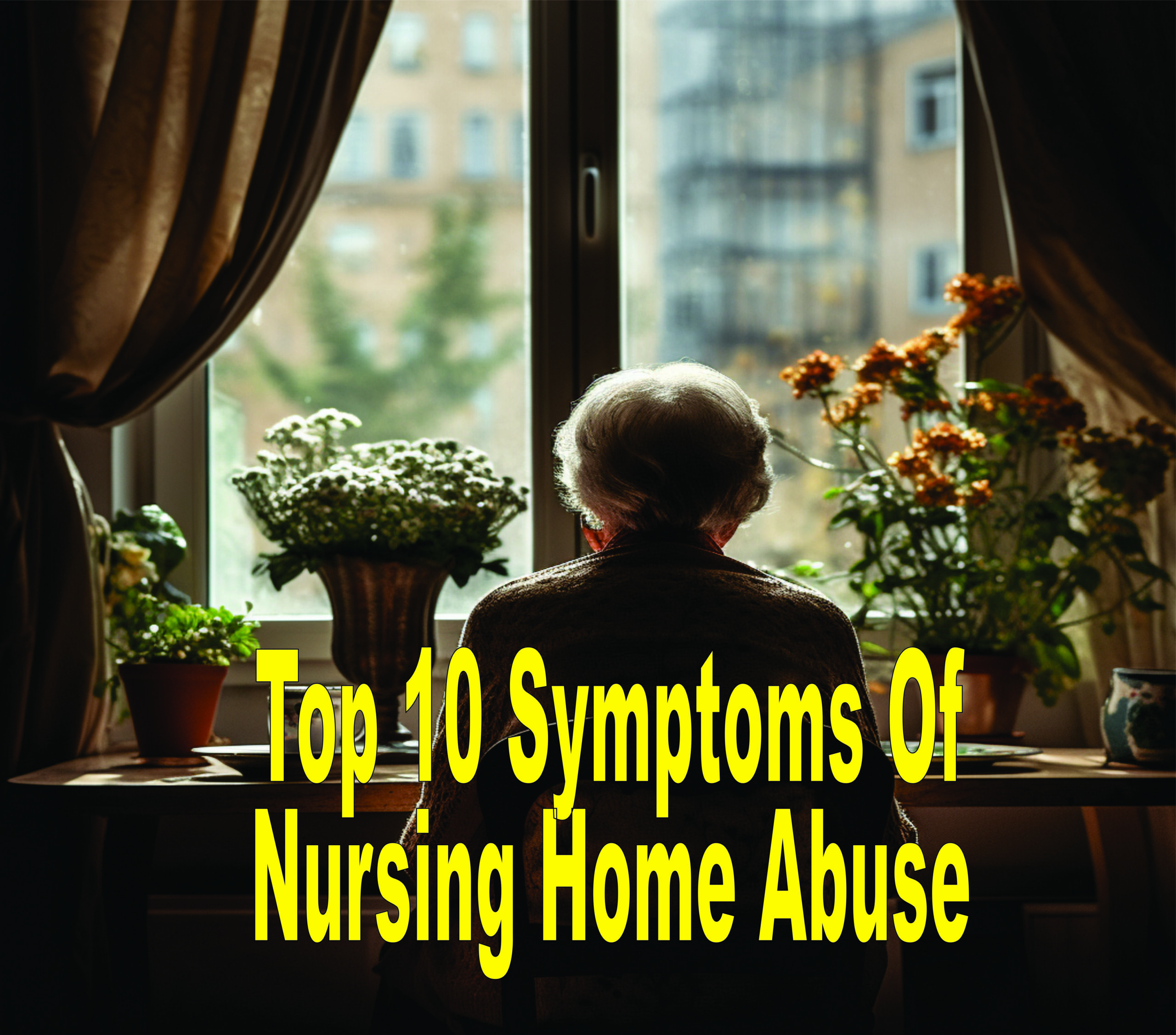
Last Updated on October 31, 2023 by Lori Pace
Nursing home abuse is a heartbreaking and often debilitating issue for elderly individuals who reside in long-term care facilities. Unfortunately, because of their age and physical limitations, seniors are more susceptible to abuse.
Knowing the top 10 symptoms of nursing home abuse can help protect your loved one from harm. Additionally, this will ensure that they receive the care they need and deserve. Here are some of the top symptoms of nursing home abuse.
Bruises and Injuries
One of the most common symptoms of nursing home abuse is bruises, cuts, as well as injuries. If your loved one has visible bruises or other injuries without a plausible explanation, it could be a warning sign of physical abuse by staff or other residents.
Fear or Agitation
If your loved one becomes withdrawn, fearful, or agitated in the presence of certain staff members or other residents, it could mean that they are being mistreated or abused. This behavior could also indicate that they witness abuse happening to someone else in the facility. It is important to listen to your loved one and take their concerns seriously.
Malnutrition or Dehydration
Insufficient nutrition and hydration are potential indicators of elder abuse in nursing homes. When an elderly person experiences sudden weight loss, complains frequently about thirst or hunger, or shows symptoms of dehydration, it may suggest neglectful treatment at the care facility or by a professional caregiver. These signs could signal that the individual is not receiving sufficient nourishment and attention from staff members at the nursing home.
Poor Hygiene
A lack of attention to personal hygiene, such as dirty clothes or unkempt hair, is another symptom of nursing home abuse. If your loved one is not being bathed or groomed properly, it may be a sign that staff members are neglecting their care.
Bed Sores
Neglect in nursing homes can manifest through bed sores, which are also referred to as pressure ulcers or decubitus ulcers. These distressing wounds arise due to prolonged immobility without repositioning and constitute an avoidable ailment.
Insomnia
If your elderly family member is struggling with sleep-related issues like insomnia, this may signal emotional mistreatment. Therefore, it is important to be observant of their well-being and actions if they are residing in a care facility for older adults.
Sepsis
If your loved one is experiencing sudden fever, rapid breathing, or other signs of infection, it could mean that they are suffering from sepsis. Sepsis is a life-threatening condition, and it may be caused by untreated bed sores or other infections. It can also be a symptom of medical neglect in nursing homes where adequate attention is not given to proper hygiene and wound care.
Lack of Communication or Social Isolation
Noticing that your elderly relative is becoming more socially withdrawn or has decreased communication with others could be an indication of emotional abuse or neglect at their nursing home. It is essential to be vigilant for signs of nursing home abuse and neglect. Nurses may isolate residents from their families or restrict communication as a method of control. It is imperative that nursing home residents are treated with dignity and respect.
Broken Bones or Falls
Frequent falls or unexplained broken bones could signify physical abuse or neglect. As caretakers, staff members at nursing homes have a key responsibility to ensure the safety and well-being of their residents. Broken bones for the elderly can be extremely painful and debilitating, leading to a loss of both mobility and independence.
Pneumonia
Neglect and untreated bed sores leading to malnutrition can increase the risk of pneumonia. It is a potentially fatal lung infection that disproportionately affects seniors in nursing homes due to their frailty. In such vulnerable populations with weakened immune systems or pre-existing illnesses, proactive measures must be taken against any form of abuse or neglect. You can do this by speaking out as well as taking appropriate action promptly.
Taking Legal Action
If you suspect that your loved one is experiencing any of the above conditions, it is crucial to take legal action immediately. Having a reputable and experienced lawyer like those at Nursing Home Law Center can help you navigate the legal system. Thus, ensuring that justice is served.
To protect you or a loved one from harm when dealing with nursing home abuse, you must seek legal assistance. A proficient lawyer’s support can be valuable in defending your rights. Thus, guaranteeing that accountable individuals are held responsible. With a solicitor’s guidance, you will have justice. Those who commit this abominable act will not endanger other defenseless patients in nursing homes again.

